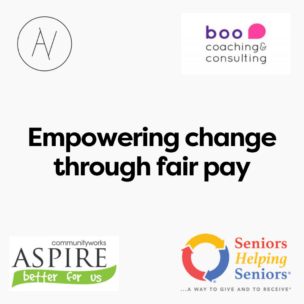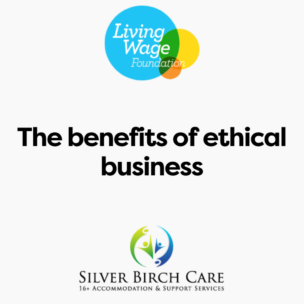
The Real Living Wage
Impact – Why The Real Living Wage Matters
People who are earning less than the real living wage struggle to afford the basics. The real living wage is independently calculated to ensure it covers what is needed to live in the UK and helps reduce wage inequality.
Uplifting people to real living wage may represent a short-term cost, but long-term gain in terms of increased retention and a reduction in recruitment costs.
The Real Living Wage In Practice
Case study: Empowering change through fair pay
Case study: The benefits of ethical business
Resources
Our Stance On – Fair Exception to the LWF
In exceptional circumstances the Good Business Charter may accredit an organisation without them being required to officially join the Living Wage Foundation as Living Wage Employers on the strict condition that they do meet the condition to pay all directly employed workers, franchise employees (when relevant) and regularly outsourced contractors the real living wage. Such a situation may arise where the LWF takes a stance on a particular situation that represents a higher threshold than the GBC considers necessary, for example treatment of interns where other benefits are afforded them alongside their wages.
If you have a fair exception to the LWF rules, or would like to discuss implementation of 2023/24 rates, please contact us to discuss this.



